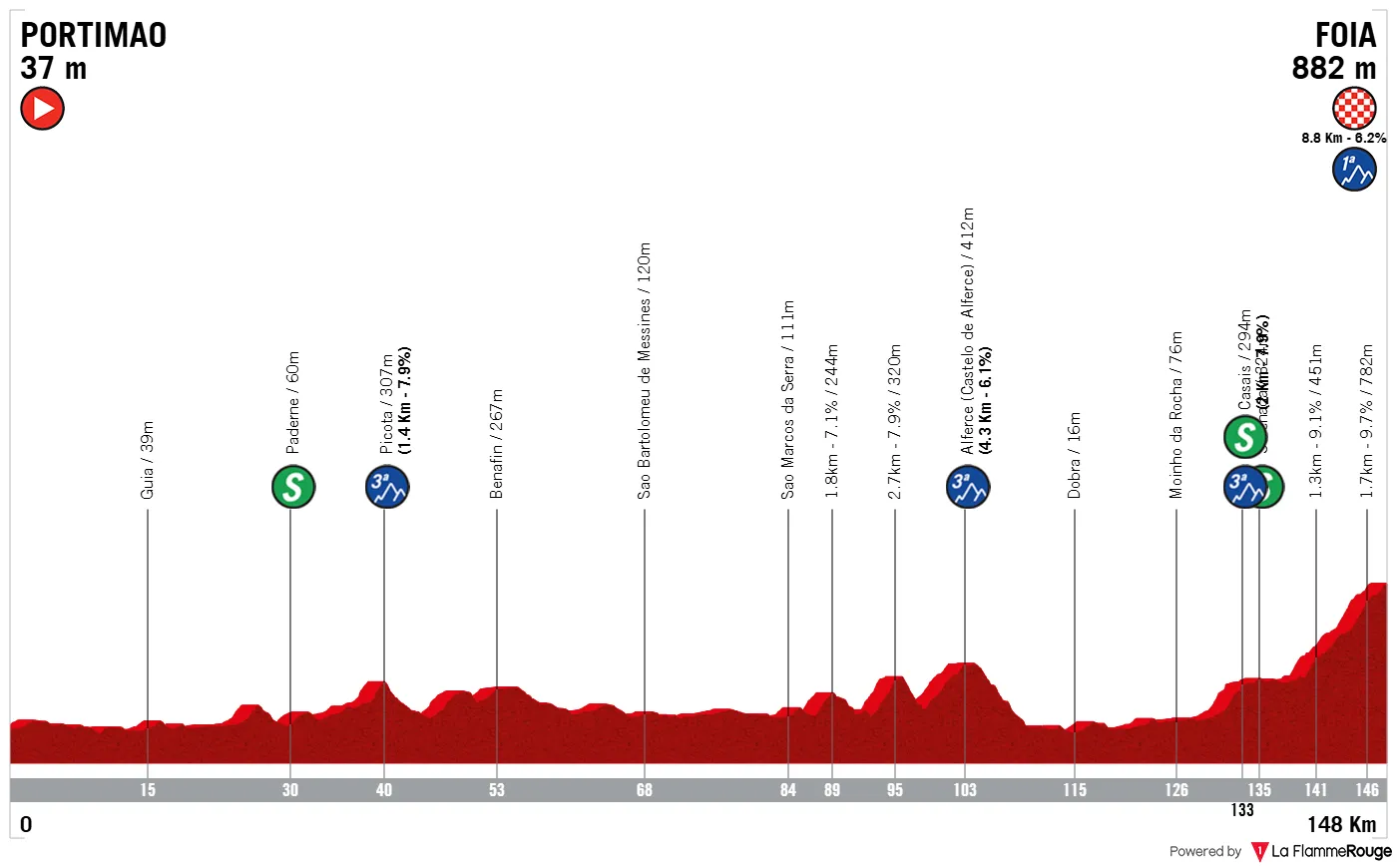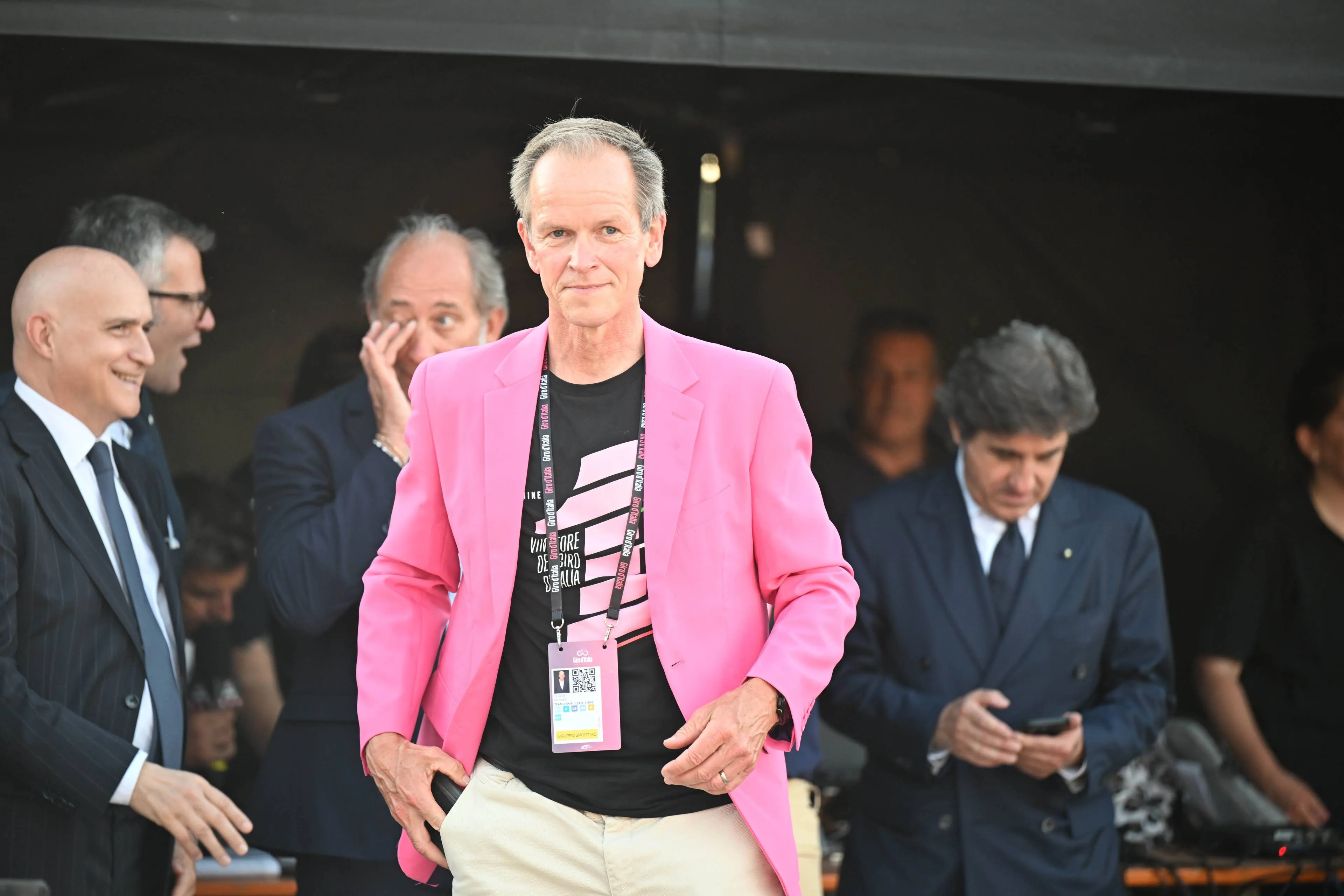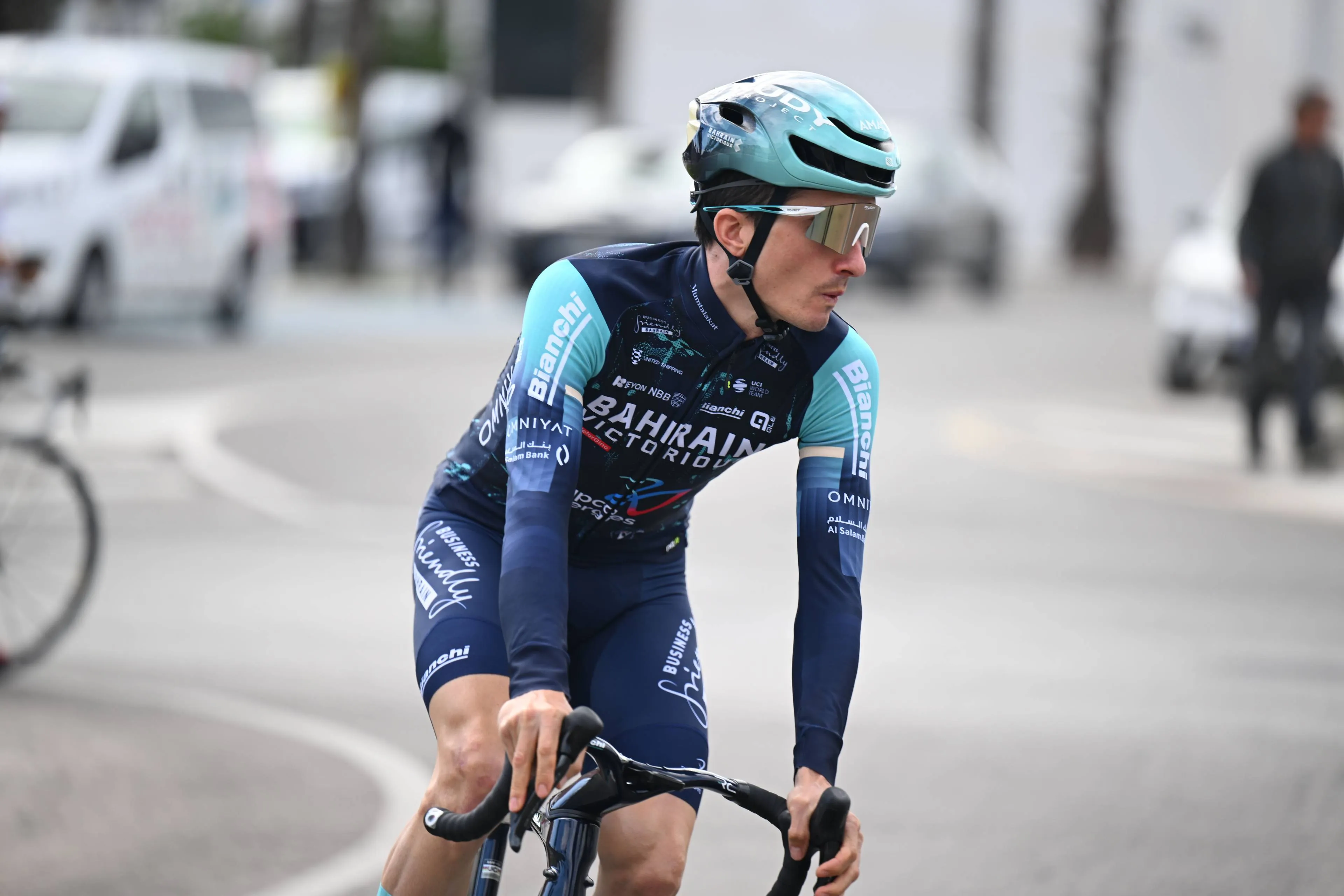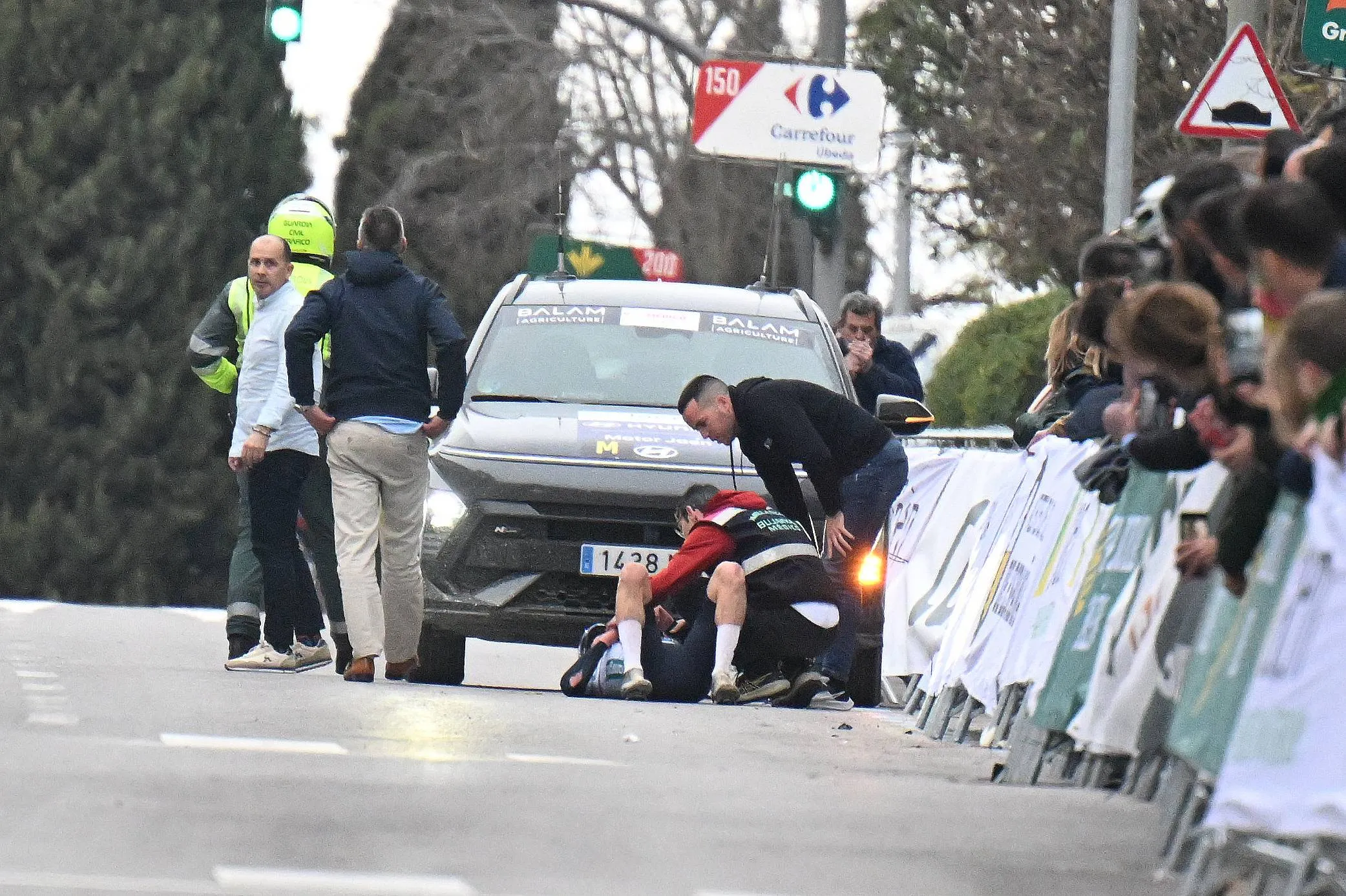American ex-pro urges to peloton to follow Team Sky blueprint in quest to stop Tadej Pogacar: "Analyse and adapt to Tadej’s tactics"
CyclingMonday, 28 April 2025 at 13:50

Tadej Pogacar remains the man to beat in 2025. That is much easier said than done, but according to American ex-pro Bobby Julich, however, if the peloton wants to stop the unstoppable, they should look to the team with which he was once a race coach, Team Sky.
"I am a huge fan of Tadej Pogacar. He races unconventionally, producing some of the most exciting long-range attacks we have ever witnessed in the men’s professional peloton," begins Julich in a column for Velo. "In these days of science-driven training and excessive data capturing, Pogacar seems to float on the pedals when everyone is at their limit, as if he is out for a fun training ride. He is often quite up front about what he intends to do and where he intends to do it, yet the best riders in the world can do little to stop him."
That's not to say Pogacar is infallible though. "Last week at Amstel Gold, we witnessed Pogacar looking almost human for the first time in a long while," Julich notes. "Was this a one-off due to fatigue from the pressure of his ambitious cobbled classic campaign, a mistake in his fuelling, or did the peloton, and more specifically Remco Evenepoel and Mattias Skjelmose, finally figure out a way to disrupt Pogacar’s dominance? I believe it was a combination of all these factors."
Read also
As mentioned in the quest to stop Pogacar, Julich reckons he has a potential answer in the form of an old-plan thought up by Team Sky. "I wouldn’t be surprised if there are groups of coaches and data crunchers in a back room somewhere analysing each of Pogi’s attacks and trying to figure out the best and most repeatable tactic to beat him. During my time with Team Sky over a decade ago, we had to figure out a way to beat one of that generation’s most explosive climbers, Alberto Contador. It was no easy task. Like Pogacar, when Contador decided to attack, there was very little anyone could do to stop him," the former Paris-Nice winner recalls.
"Contador was able to accelerate in a way that very few riders could absorb without cracking physically or mentally. He forced those brave riders who attempted to stay on his wheel to go so far into the red that they could seldom recover before he accelerated again and disappeared up the road for good," Julich continues. "The head coach of Team Sky back then was Tim Kerrison. He analysed the data and devised a plan that proved effective."
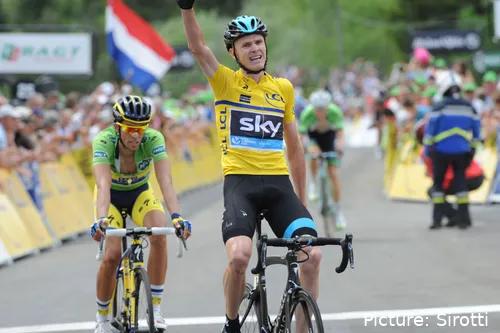
Contador & Froome were Grand Tour rivals for much of the 2010s
So what exactly was the plan? "Alberto’s attacks were timed and analyzed by watching old footage on TV. Even though Kerrison didn’t have the raw data from Contador, he could calculate it using the information that was publicly available," Julich explains. "The solution was to let Contador go during his blistering accelerations, not lose morale or get caught up in an ego moment and then ride to the power range that Chris Froome could sustain and slowly bring him back by the top of the climb. Froome rarely lost to Alberto Contador ever again. This was also the beginning of Sky riders riding to power that frustrated many competitors and fans over the years."
And Julich has also already seen evidence that this tactic can work against the all-conquering Pogacar. "This reeling in, continuing to fight, is how Mattias Skjelmose found himself in a position to win Amstel Gold Race," he recalls. "Now the question is how repeatable is it? Slowly chasing back Pogacar isn’t a viable solution for a race like Flèche Wallonne where he simply out kicks everyone on the Mur du Huy."
"I seriously doubted that Pogacar would continue his dominance over the men’s peloton after his historical 2024 season, but I was wrong. If anything, he is even stronger this year than last and shows no signs of slowing down. Pogacar and his team have revolutionized the sport with their team strength, depth, and recent long-bomb tactics, but I believe they will soon pivot to a less predictable style of racing once his heavy schedule of one-day races is over," Julich concludes. "The problem with Tadej’s current form, when he shifts back to more measured efforts closer to the finish, is that he becomes even more dangerous. His desire to win every race he enters all year long is more impressive than all his Strava records and power data. While the peloton continues to analyse and adapt to Tadej’s tactics, only time will tell if they have discovered the blueprint to beat Pogacar, but I wouldn’t bet on it quite yet."
Read also
claps 8visitors 7
Just in
Popular news
Latest comments
- Bahraini suspicious..Santiago19-02-2026
- The problem is, a British 'boss' opening the gates, when the native workers not wanting them!
 leedorney19-02-2026
leedorney19-02-2026 - Who is overrating him on climbs? Everyone knows since ages it’s his weakness and needed years of work. Question us if he can do enough about it. For sure he won’t be able to improve his TT enough to compensate.Mistermaumau19-02-2026
- What do you call only seeing someone’s positives?Mistermaumau19-02-2026
- Remco banging his leg, just like he banged his saddle when pog dropped him. He ain't fooling anyone with those antics. I'm not a hater, but he's a bit overrated on serious climbs.Santiago19-02-2026
- Obviously isn’t learning from the Epstein fallout. The more you unravel the past the more undiscovered mess appears.Mistermaumau19-02-2026
- I like Tadej a lot (a lot, a lot) but you're a little exxagerated... Allow me to give you some advice: Never become a fanatic for something or someone (neither pro nor against, haters are against-fanatics). And never idolize human beings.
 maria2024202419-02-2026
maria2024202419-02-2026 - What about them? What did they get away with in the end?Mistermaumau19-02-2026
- If I were Johan Bruyneel, I would be careful what I wish for... There is a high likelihood that revealing your side of the story will actually make things WORSE for you! Also, I suspect Lance will make himself look like the victim and throw you and everyone else under the bus!Pogboom19-02-2026
- As per a great many on the world stage...you must be beside yourself amongst them all!
 leedorney19-02-2026
leedorney19-02-2026
Loading
9 Comments


